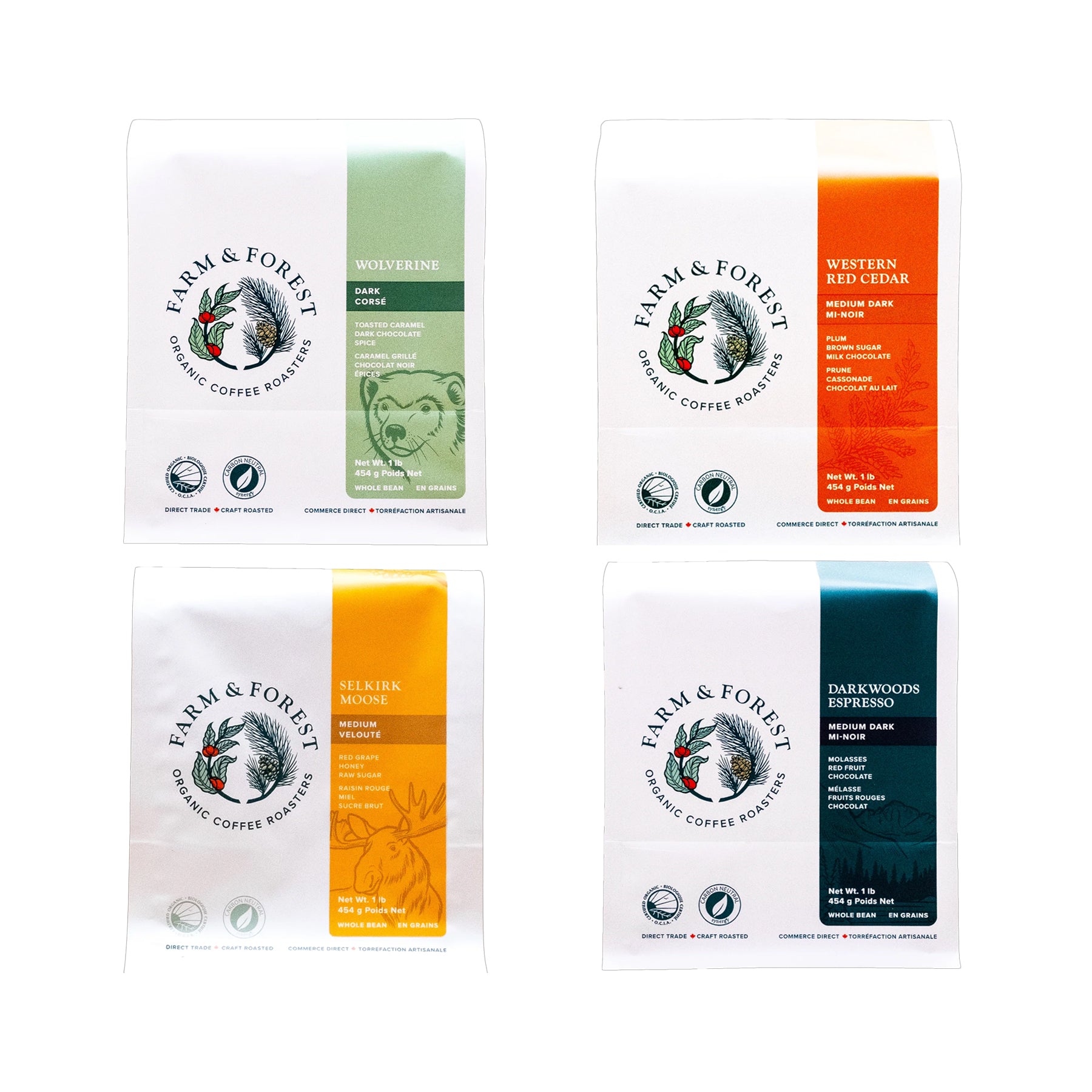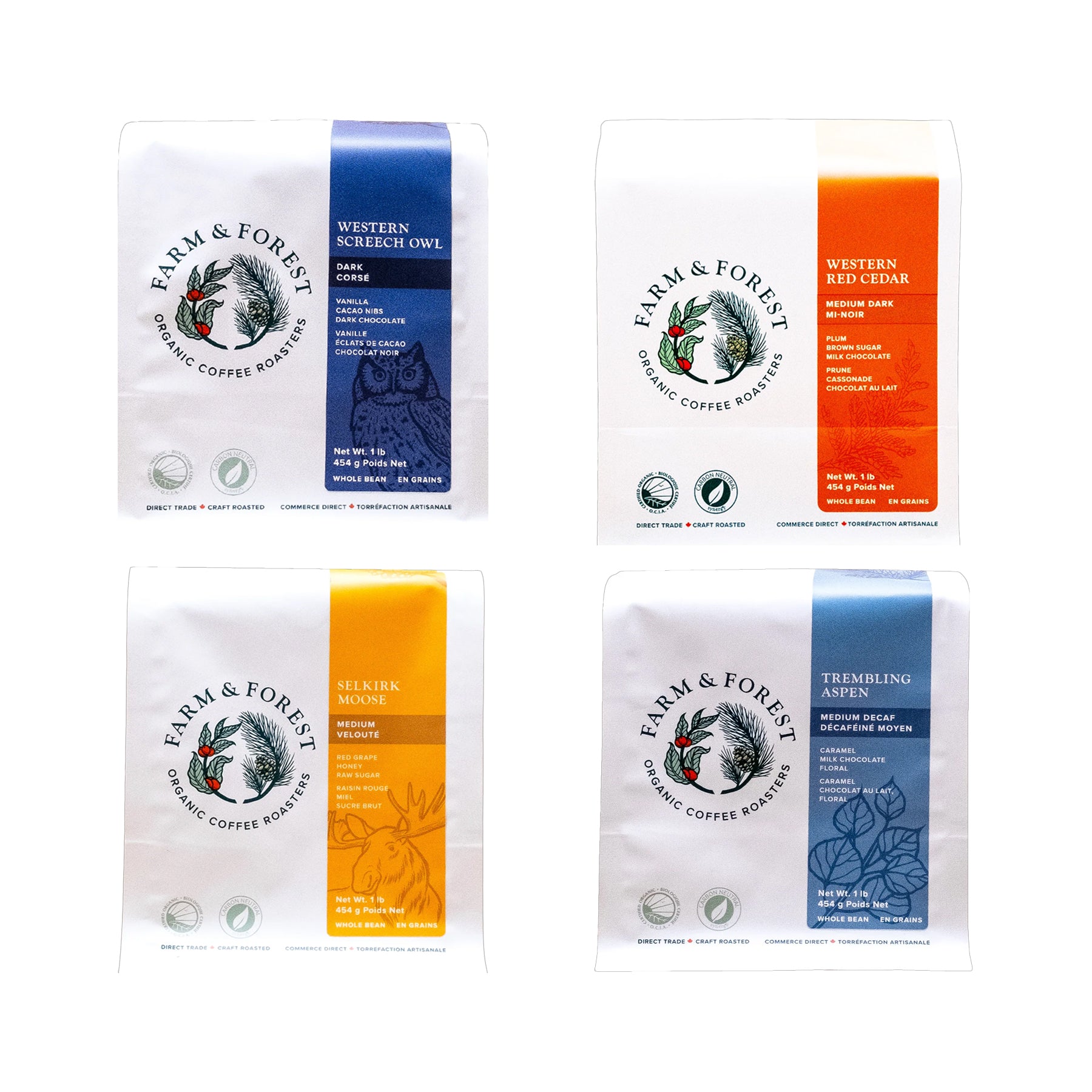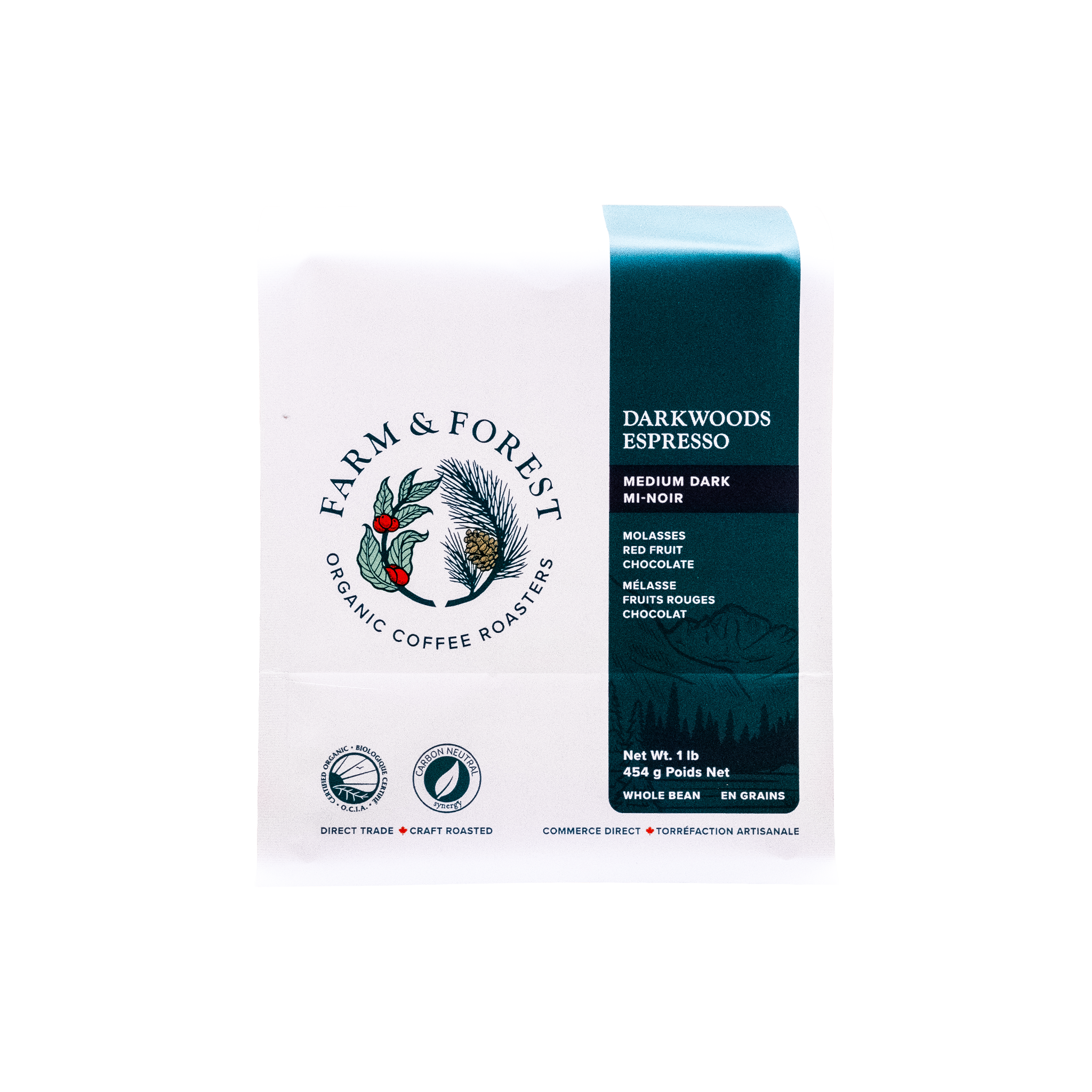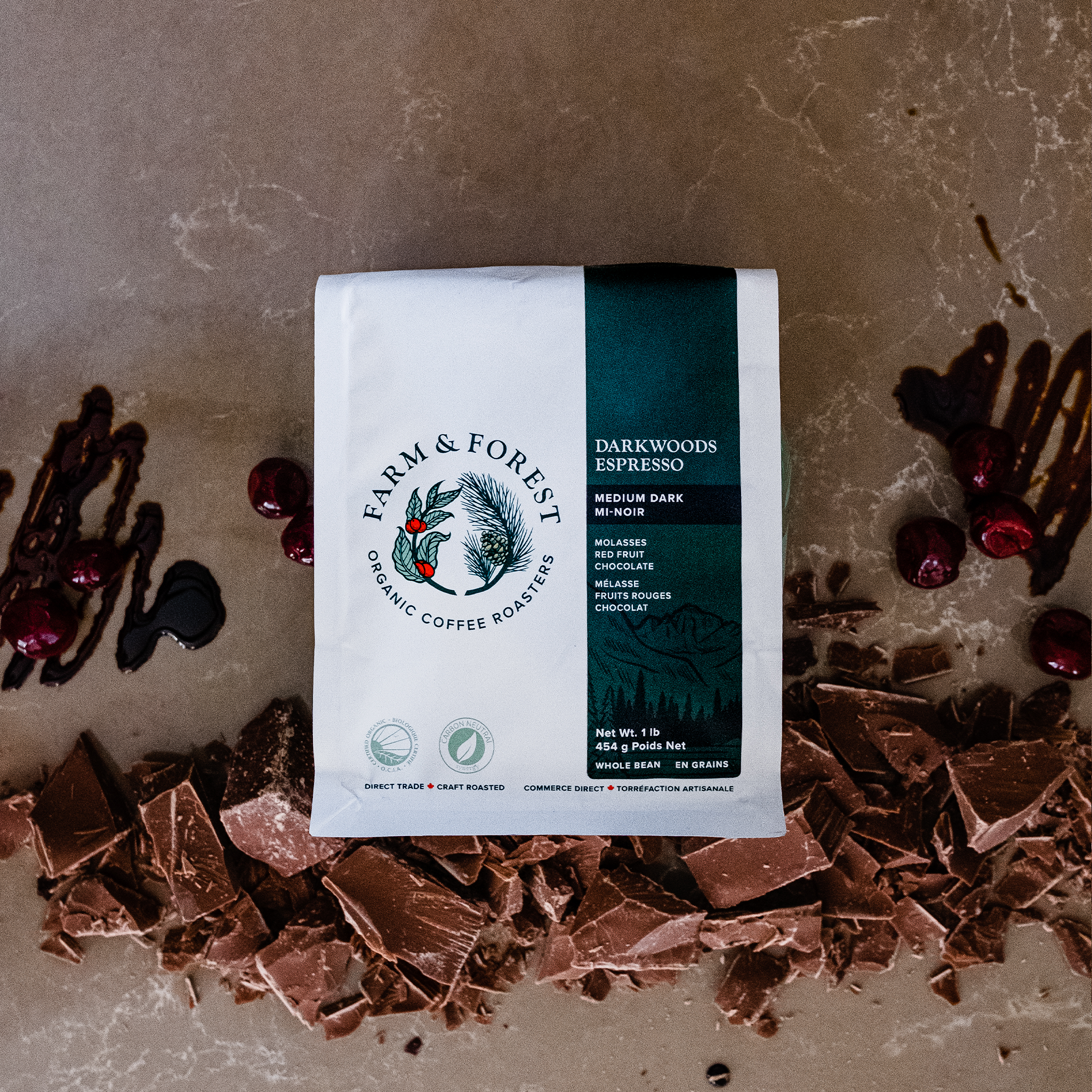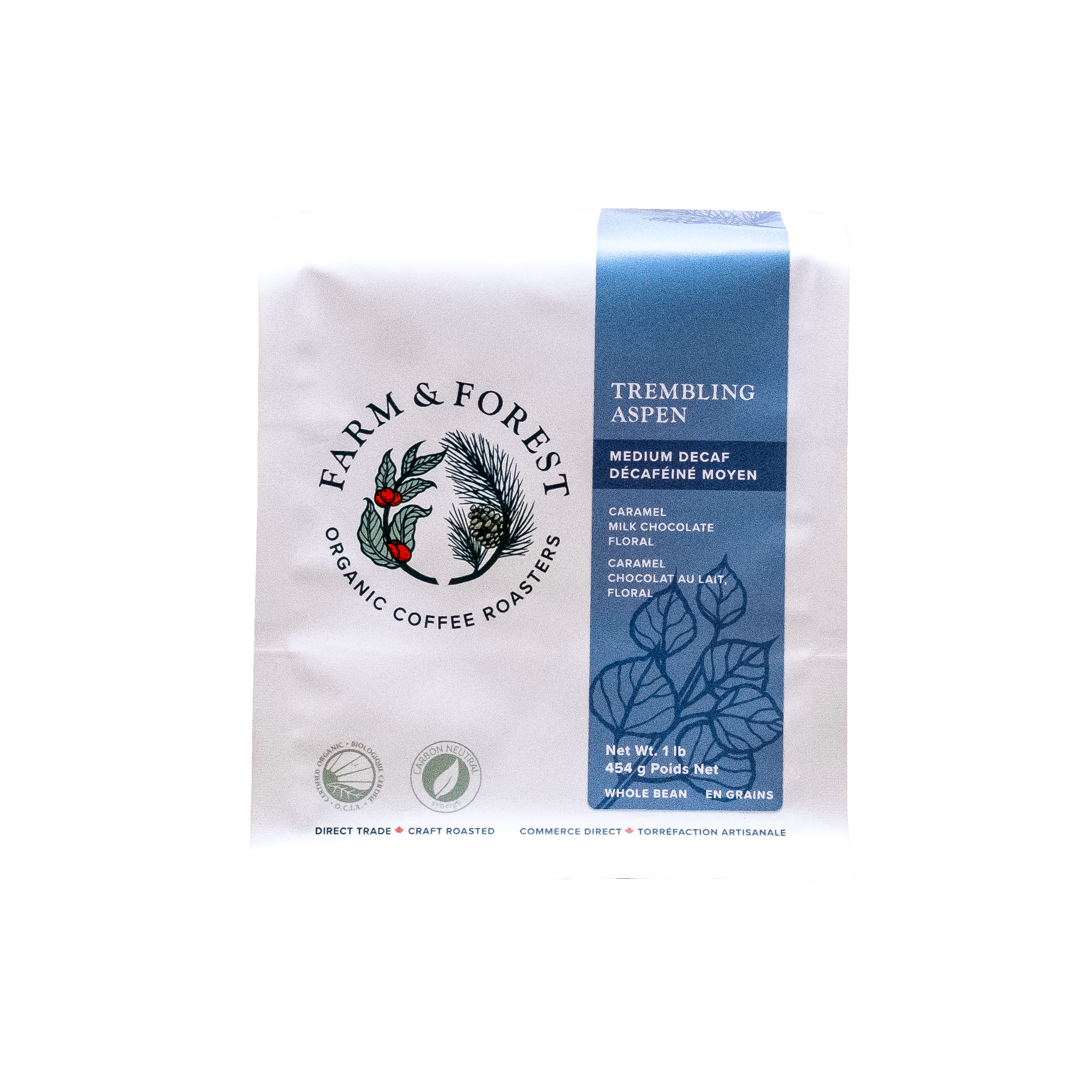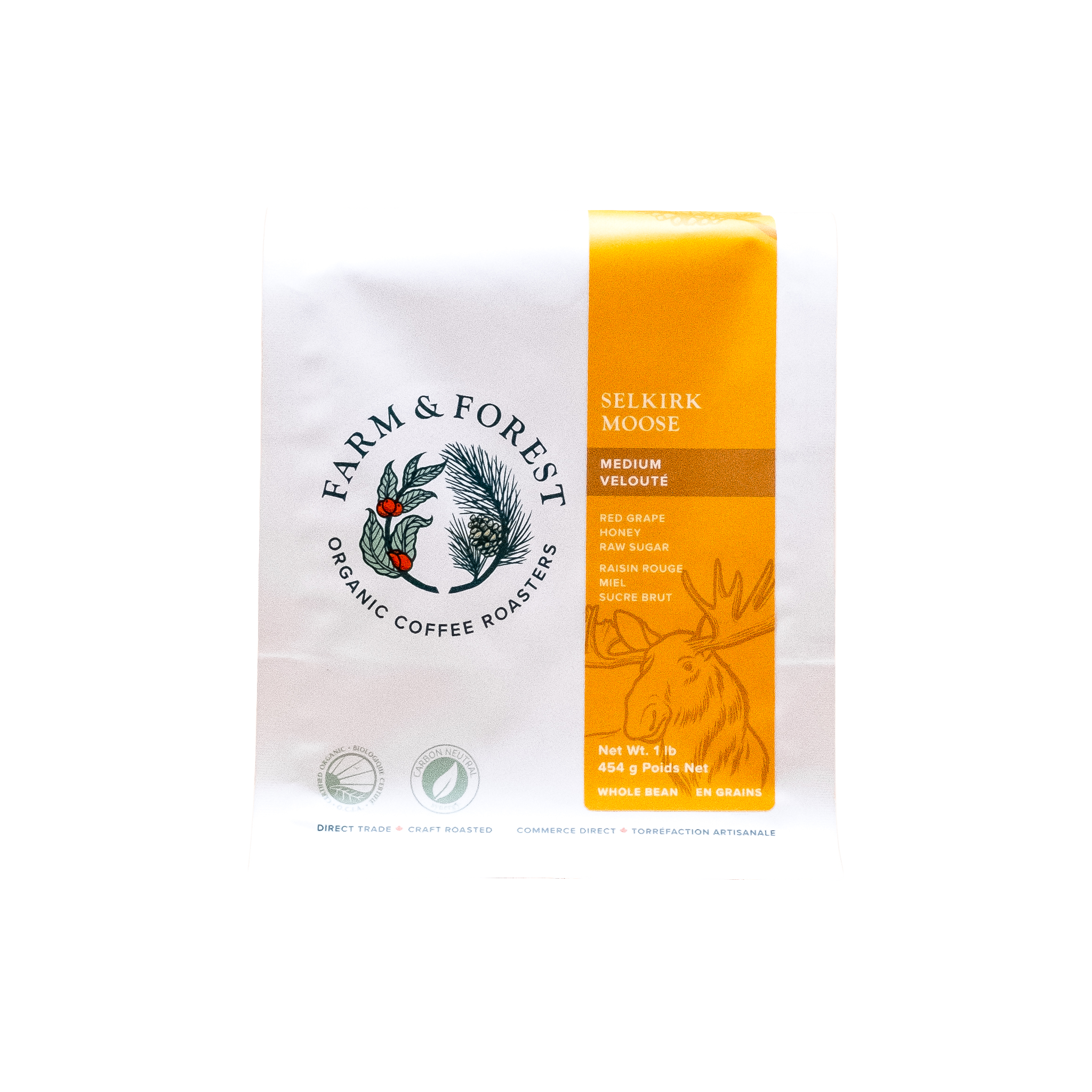Coffee health facts and benefits you might not know
Millions worldwide cherish coffee and it holds a rich tapestry of history and cultural significance. From its humble origins in the ancient coffee forests of Ethiopia to its omnipresent presence in bustling city cafes, this flavorful drink can contribute positively to your health, let’s explore together the scientific discoveries of coffee health benefits.
In this article we’ll cover:
The most common health benefits of coffee
The consumption of coffee has long been associated with a multitude of health benefits, backed by extensive research conducted over the years. Among the most common health benefits attributed to coffee consumption are:
Reduced Risk of Type 2 Diabetes: Several studies have indicated that regular coffee consumption may lower the risk of developing type 2 diabetes. A meta-analysis published in the Journal of the American Medical Association found that individuals who consumed more coffee had a significantly lower risk of developing type 2 diabetes compared to those who consumed less or no coffee.
The presence of bioactive compounds in coffee, such as chlorogenic acid and caffeine, may contribute to improved insulin sensitivity and glucose metabolism, thereby reducing the risk of diabetes.
Enhanced Cognitive Function: Caffeine, the primary psychoactive compound in coffee, has been shown to improve cognitive function, including memory, attention, and concentration.
Research published in the journal Nutritional Neuroscience suggests that moderate caffeine intake from coffee can enhance cognitive performance, particularly in tasks requiring sustained attention and vigilance. Additionally, caffeine's stimulant effects may help alleviate fatigue and promote alertness, thereby boosting overall cognitive function.
Protection Against Neurodegenerative Diseases: Emerging evidence suggests that regular coffee consumption may confer protective effects against neurodegenerative diseases such as Alzheimer's and Parkinson's disease. A prospective cohort study published in the Journal of Alzheimer's Disease found that moderate coffee consumption was associated with a significantly lower risk of developing Alzheimer's disease later in life. Furthermore, caffeine and other bioactive compounds in coffee possess neuroprotective properties that may help mitigate the underlying mechanisms involved in neurodegenerative diseases.
Antioxidant Properties: Coffee is rich in antioxidants, such as chlorogenic acid, caffeic acid, and melanoidins, which play a crucial role in combating oxidative stress and inflammation in the body. Antioxidants help neutralize free radicals and reduce the risk of chronic diseases, including cardiovascular disease, cancer, and age-related macular degeneration. Research published in the Journal of Nutrition suggests that coffee is one of the primary dietary sources of antioxidants in many populations, highlighting its potential health-promoting effects.
Improved Physical Performance: Caffeine, found abundantly in coffee, is known to enhance physical performance by increasing adrenaline levels and stimulating the nervous system. Athletes and fitness enthusiasts often use coffee as a natural ergogenic aid to improve endurance, strength, and exercise performance. A systematic review and meta-analysis published in the British Journal of Sports Medicine concluded that caffeine ingestion significantly improved exercise performance across various endurance and high-intensity activities.
Understanding caffeine content and its effects
Caffeine, the central nervous system stimulant found in coffee and many other beverages, has long captured our fascination for its ability to boost alertness and productivity. Yet, the impact of caffeine extends far beyond its reputation as a morning pick-me-up. In this section, we delve into the intricacies of caffeine content in the different coffee types, and how it can influence your sleep and consumption habits. By unravelling the mysteries of caffeine, we aim to equip you with a deeper understanding of its effects and empower you to make informed choices about your caffeine intake.
Caffeine content variation in different coffee types
The caffeine content in coffee can vary significantly depending on various factors, including the type of coffee bean, the roasting process, the brewing method, and serving size. Here's a breakdown of how caffeine content can differ across different coffee types:
-
Coffee Bean Varieties: The two most common coffee bean varieties are Arabica and Robusta. Arabica beans typically contain less caffeine than Robusta beans. Arabica beans are known for their smoother, more nuanced flavour profile, while Robusta beans are prized for their bold, strong taste and higher caffeine content. On average, Arabica beans contain about 1.2% caffeine, whereas Robusta beans contain approximately 2.2% caffeine.
-
Roasting Process: The degree of roasting can also affect caffeine content. Contrary to popular belief, darker roasts generally contain slightly less caffeine than lighter roasts. While the roasting process does not significantly alter the caffeine content, it can affect the density of the coffee bean. Lighter roasts tend to be denser, resulting in more caffeine per volume compared to darker roasts, which have expanded and lost some mass during roasting.
-
Brewing Method: The method of brewing plays a crucial role in determining the caffeine content of the final cup of coffee. Brewing methods that involve longer extraction times, such as drip brewing or French press, typically yield higher caffeine concentrations compared to methods with shorter extraction times, such as espresso. However, espresso is often consumed in smaller servings, so the total caffeine intake may be lower despite its higher concentration per ounce.
-
Serving Size: The serving size of coffee can significantly impact caffeine intake. A standard 8-ounce cup of brewed coffee typically contains between 95 to 165 milligrams of caffeine, depending on factors like bean type, roast, and brewing method. However, specialty coffee drinks like lattes, cappuccinos, and macchiatos may contain varying amounts of caffeine depending on factors such as the number of espresso shots and the addition of milk or flavourings.
Impact of caffeine on sleep patterns and strategies for moderation
We all know how impactful a night of resting sleep can be in our busy lifestyle, and the caffeine that is found in our beloved coffee is a central nervous system stimulant that can significantly impact sleep patterns and overall sleep quality. Let’s dive into known effects and how to adopt strategies to maintain healthy sleep habits.
-
Delayed Sleep Onset: An article published in the scientific journal "Sleep" shows that Caffeine can interfere with the body's natural sleep-wake cycle by blocking adenosine receptors, which promote drowsiness. Consuming caffeine, particularly later in the day, can delay the onset of sleep and make it more challenging to fall asleep at night.
-
Reduced Sleep Duration: This can be another “side-effect” as an article published in the Journal of Caffeine Research in 2017 explored that even moderate amounts of caffeine consumed in the afternoon or evening can lead to shortened sleep duration. Caffeine's stimulating effects can linger in the body for hours, disrupting the ability to achieve deep, restorative sleep and reducing overall sleep time.
-
Fragmented Sleep: Caffeine consumption close to bedtime can result in fragmented sleep patterns, characterized by frequent awakenings throughout the night. Discoveries from an article published in the Journal of Clinical Sleep Medicine in 2013 show that this fragmentation can impair sleep continuity and diminish the overall quality of sleep, leading to feelings of grogginess and fatigue upon waking.
As most studies suggest unless you are looking for a picker up throughout the day, be mindful of coffee consumption later in the day. In our next session, we have a great solution to avoid the caffeine impact on how well you are sleeping with no need to deprive yourself of enjoying that great end-of-day relaxing routine paired with a perfect brewed cup, or that warm and strong espresso shot after a family dinner.
Decaf coffee and its play on caffeine moderation
Decaffeinated coffee, often referred to as decaf coffee, is a type of coffee that has undergone a process to remove most of its caffeine content. While decaf coffee still contains trace amounts of caffeine, typically about 2 to 5 milligrams per 8-ounce cup, it contains significantly less caffeine compared to regular coffee which typically contains between 95 to 165 milligrams.
So changing your habits to switch your regular coffee choice to a quality decaf can give you all the benefits we discussed earlier, without the possible side-effects related to sleep quality that you might want to avoid.
If you have your reservations about decaffeinated coffee, know that the undesirable decaf days are gone! We’ll introduce you to the buttery notes of caramel and sweet milk chocolate in our organic coffee blend that impresses even the most discerning coffee drinkers. Our Trembling Aspen SWP Decaf isn’t likely to give you the jitters!
The Trembling Aspen Coffee retains all its delicious flavour compounds even as the caffeine is removed. The result is a smooth, sweet cup with light floral overtones. Its low acidity and silky body make it ideal for both drip and espresso, and of course, without the caffeine, it’s perfect for any time of day.
Recommended consumption of coffee for a positive health impact
The recommended consumption of coffee for a positive health impact varies depending on factors such as individual tolerance to caffeine, overall health status, and specific health goals. However, several reputable health authorities and scientific studies provide general guidelines regarding coffee consumption and its potential health benefits.
- Moderate Consumption: The consensus among health authorities, including the Dietary Guidelines for Americans and the World Health Organization (WHO), is that moderate coffee consumption can be part of a healthy diet for most adults. Moderate consumption typically refers to 3 to 4 cups of coffee per day, providing approximately 300 to 400 milligrams of caffeine. This level of consumption has been associated with potential health benefits, including reduced risk of certain chronic diseases as we discussed earlier.
- American Heart Association (AHA): The AHA suggests that moderate coffee consumption, defined as 1 to 2 cups per day, may be incorporated into a heart-healthy diet for most individuals. Research indicates that moderate coffee intake is not associated with an increased risk of cardiovascular disease and may even have protective effects against certain heart conditions.
- European Food Safety Authority (EFSA): EFSA recommends an upper limit of 400 milligrams of caffeine per day for healthy adults, which is equivalent to about 4 cups of brewed coffee. This guideline is based on an assessment of caffeine's safety and its potential effects on various health outcomes, including sleep quality, cardiovascular health, and cognitive function.
- Individual Factors: It's important to consider individual factors such as age, medical history, and sensitivity to caffeine when determining the appropriate level of coffee consumption. Some individuals may experience adverse effects from excessive caffeine intake, including increased heart rate, anxiety, and disrupted sleep patterns. Pregnant individuals, in particular, are advised to limit caffeine intake due to potential effects on fetal development.
In summary, moderate coffee consumption, typically defined as 3 to 4 cups per day, is generally considered safe and may offer potential health benefits when incorporated into a balanced diet. However, individual tolerance and preferences should be taken into account, and those with specific health concerns should consult with healthcare professionals for personalized recommendations.




